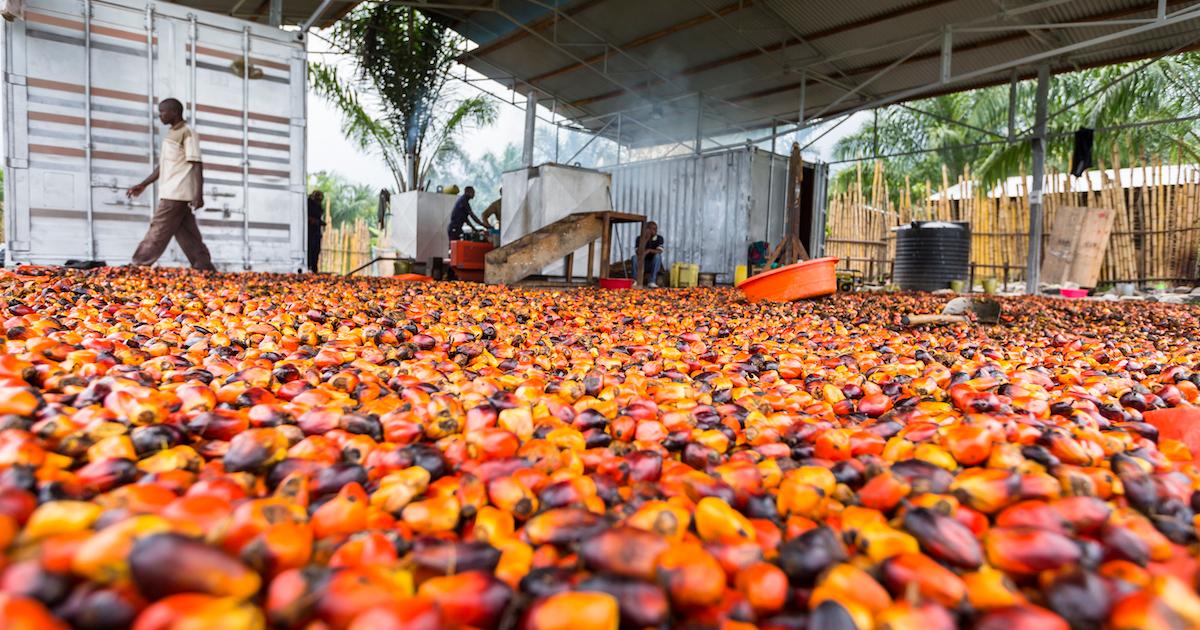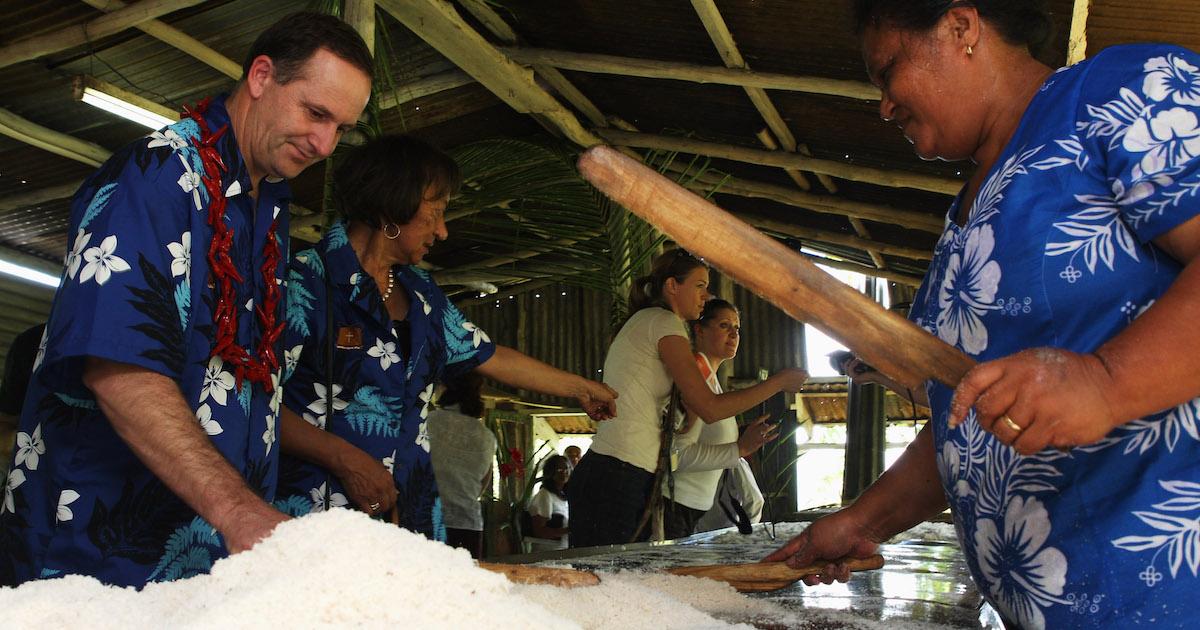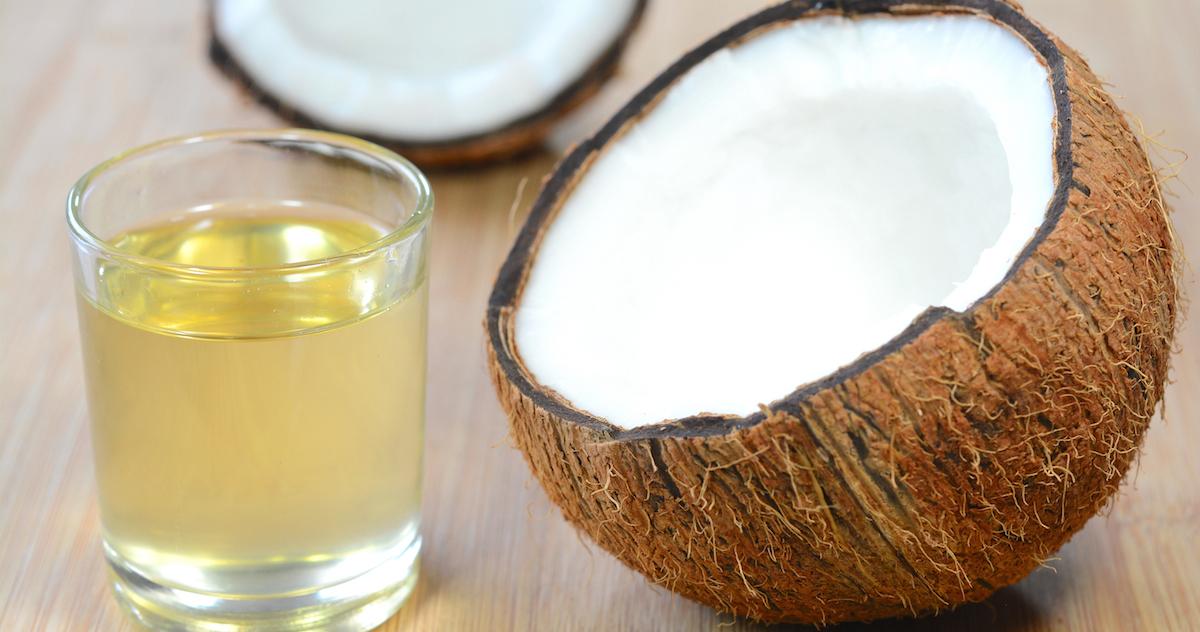Palm Oil Is Completely Unsustainable, but Are There Any Other Alternatives?
Published March 2 2021, 5:13 p.m. ET

Shampoo, soap, vitamins, toothpaste, bread, margarine, creamer, fuel, even animal feed: palm oil is in just about everything. According to The BBC, palm oil is in 50 percent of the products that consumers use, and that’s not even counting its industrial applications. In fact, this versatile ingredient has become so ubiquitous and so affordable, that finding sustainable alternatives to palm oil might prove very difficult indeed. That said, some viable alternatives do exist.

Why is palm oil bad?
We would probably need a much larger platform in order to fully cover why palm oil dependence is a bad thing for the environment. The main gist is that palm oil groves contribute to massive amounts of deforestation in certain parts of Indonesia and Malaysia. According to The BBC, plantations in just those two nations cover an astonishing 13 million hectares of palm oil — that’s an area nearly as large as New Zealand.
On top of that, there’s the absurdity of depending on one resource in order to produce more than 50 percent of all consumable goods. If something were to ever happen to the palm oil industry, the world would be putting an awful lot of eggs in that one, highly viscous basket.
What are some sustainable alternatives to palm oil?
The current trend in finding a sustainable alternative to palm oil is to try and find oils that are similar in chemical composition. Some companies are already using palm oil alternatives in their products. According to the LUSH website, rapeseed (canola) and coconut oil are already included in its line of palm oil-free soap and beauty products.
Food scientists have already begun conducting research into the use of more exotic answers to the palm oil problem in the form of shea oil and mango oil. The issue is that most of these alternatives aren’t nearly as cheap as palm oil. Still, some of them do show promise in terms of comparability.

Canola and sunflower seed oil
Rapeseed oil (aka canola oil) and sunflower seed oil would both be perfectly sustainable replacements for palm oil if their cultivation did not also harm the ecosystem in similar ways. According to Innovation Forum, these crops don’t have nearly the environmental impact in terms of raw deforestation, but they do require huge swaths of land and huge amounts of water to produce. They also take longer to produce than palm oil.
Heterotrophic algal oil
Another alternative, according to ScienceDirect, is something called heterotrophic algal oil. This oil is grown from a specific type of dense-celled algae called chlorella, and though it requires less space to grow, it does have certain drawbacks. The main drawback is cost; the second is how unsustainable the algae’s food happens to be. Heterotrophic algal oil requires a huge amount of sugar to grow, and only 4 percent of the world’s sugar cane is considered sustainable.
There are other types of algae that might work for this purpose, however. These are the same types of algae that are currently used to create biodiesel. According to The BBC, these algae oils could be used to replace diesel, jet fuel, or any oil that is used in the shipping industry. The technology is in its infancy, though, and the cost may ultimately be what holds it back.

Coconut oil
According to Pulitzer Center, the best and perhaps trendiest choice for palm oil alternatives might be coconut oil. Coconut oil has been proven to be better for the environment and better for our bodies than many other types of oils. Coconut oil has many health benefits, it’s affordable, and grows fairly quickly.
The problem is, it also grows in tropical locations. If coconut oil were to become even more of a cash crop, if it were to replace something as “essential” as palm oil, then it would cease to be more sustainable.

Thus, the answer may not be in replacements, as so many think, but in viable alternatives. What this means is that any of the different oils that might otherwise supplant palm oil would have to be cultivated and used with moderation in mind. Unfortunately, moderation is not an easy thing for our species. Until we collectively learn that, any alternative we find will likely run into the same problems.